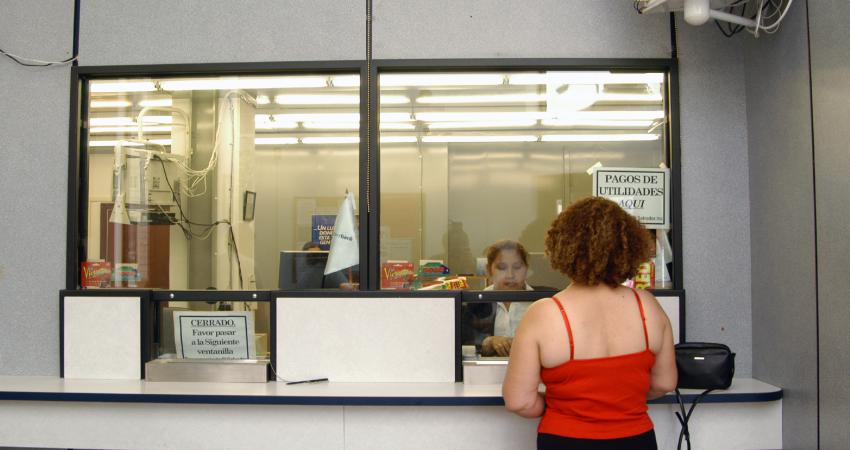Central American governments and diasporas discuss remittance transfers

San José, Costa Rica - With the International Day of Family Remittances occasion, the Regional Conference on Migration (RCM) countries organized a forum with diaspora organizations on June 15 and 16, 2021. The activity was titled Toward the strengthening of investment and community development through rapid, safe and inexpensive remittance transfer”.
Diasporas from Central America and Mexico have a substantial impact on their communities of origin. In countries like Honduras and El Salvador, remittances represent over 20% of the gross domestic product. [1]
Despite such importance, the study “The involvement of diasporas in Central America and Mexico: opportunities and challenges,” presented in 2021 by the International Organization for Migration (IOM), found a series of challenges for the design of sustainable public policy linking diaspora organizations to strategic sectors in their countries of origin.
The forum was proposed as a first approach to navigate those challenges, starting with the identification of existing organizations. Participants discussed three overarching areas open for improvement in the first session: link to origin countries, integration at destination countries, and productive use of remittances.
Some of the recommendations produced in the working groups included linking organizations with government institutions other than foreign ministries (for instance: health, labour and education officials), collecting information from the municipalities through national studies to strengthen registry and information systems related to diasporas and drafting a workplan to reduce remittance costs.
In the second session, panelists representing academia, financial institutions, and diaspora organizations shared their experiences and proposals for improving the transfer and use of remittances.
“The involvement with diaspora organizations, both in origin and destination countries, is essential in a context of sanitary emergency and economic recovery such as the one we are currently living in”, said Michele Klein-Solomon, IOM Regional Director for Central America, North America and the Caribbean. “Diasporas will be key in building a new reality, one in which public and private stakeholders work together to improve the societies in which they live.”
In attendance at the forum were over 75 people, including representatives of RCM Member States, international organizations and thirteen diaspora organizations from Mexico and Central America: Services communautaires pour refugiés et immigrants, Labour Rights Center without Borders in Costa Rica, Association of Nicaraguan Migrants in Costa Rica, Nicaraguan Links in Costa Rica, Migrant Friend House Orange County, CA, Fundación Jalisco USA, Migrant’s House-Scalabrinianos El Salvador, United Guatemalans Alliance, Salvadoran Committee el Piche, AHNCA, RedGlobalMx, International Migrant Council and Mundo Maya Foundation.
“Just in March this year, remittances received in Mexico hit a historic high of 4.1 billion dollars, the greatest number for a single month since 1995”, explained engineer Luis Gutierrez, head of the Mexicans Abroad Institute. “We have said it in this forum, and I will say it once more: diasporas are not just a factor in development, but its foundations”.
Diaspora engagement in the region will continue through a capacity building program: "Strengthening Diaspora Organizations in Mesoamerica", to take place from June 28 to September 9. If you want your organization to be a part of it, sign up here: https://bit.ly/3pXVpjB
This activity is framed by IOM’s Western Hemisphere Program (WHP), funded by the U.S. Department of State Bureau of Population, Refugees, and Migration. See full report in Spanish here.
For more information, contact Fabio Jimenez, regional technical specialist on labour migration for the WHP, at jfjimenez@iom.int.
[1] World Bank (2020). Workers’ remittances and compensation received from employees (% of GDP), available on https://data.worldbank.org/
